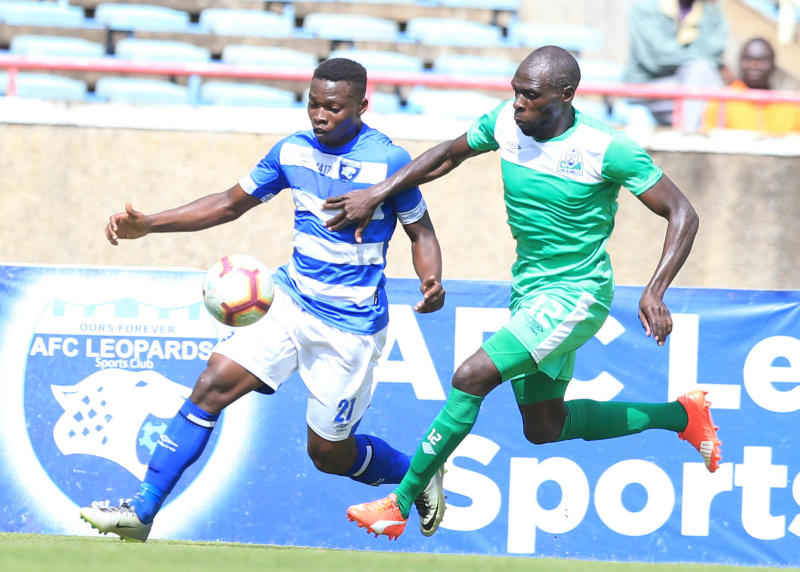×
The Standard e-Paper
Join Thousands Daily

As an ardent football fan, I’m not only concerned about the possible adverse effects of Covid-19 on local football in general, but also extremely worried about the future of community clubs in particular.
Our two leading football clubs namely; Gor Mahia and AFC Leopards have taken a serious financial hit after gaming company SportPesa cancelled all sports sponsorship in the country in August 2019.